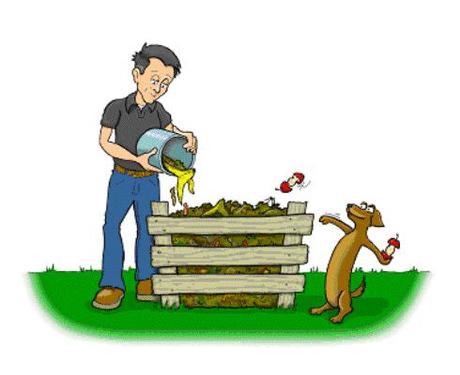Many people today are trying their hand at a natural way to garden without the use of chemicals. They do this in the hope of preserving nature for all to enjoy. Many factors need to be considered when attempting organic gardening. Here are some tips to help decide if organic gardening is for you.
The first consideration for an organic garden is the health status of the soil. A soil testing kit will help you determine if the soil has the correct balance of nutrients to support plant growth. Good plant growth is not only the desired result, but the plants’ byproducts feed the microorganisms that live in the soil, which in turn replenish the nutrients. A deficiency in nutrients can be remedied by adding natural elements back into the soil. Compost is a great way to replenish the soil’s nitrogen.

Once the plants have started to grow, you will probably have some unwanted plants (weeds and volunteer spouts) grow. In the organic garden, these unwanted visitors should be removed manually, without the use of any chemicals. Mulch, such as wood chips, lawn clippings or straw, can be placed around the plants to prevent sunlight from reaching the weeds. Weeds, however, are not the only problem that the organic garden may face.
Insect pests can cause great damage to a garden, but there are ways to protect your plants naturally. When you start to plan your garden, look into companion planting for pest control, for example growing bunches of Marigolds in your garden will help deter pests from coming to your vegetables (as well as make things look prettier). Certain plants benefit from being close or next to other plants. The combination of these plants not only contribute to pest control by attracting birds, ladybugs, dragonflies and spiders which are predators of many pests; but it also aids in pollination. This in turn leads to greater crop production.
Growing an organic garden can be a rewarding experience, using the most nature has to offer. Testing, researching and careful planning will make the gardening experience successful and will leave nature intact.

